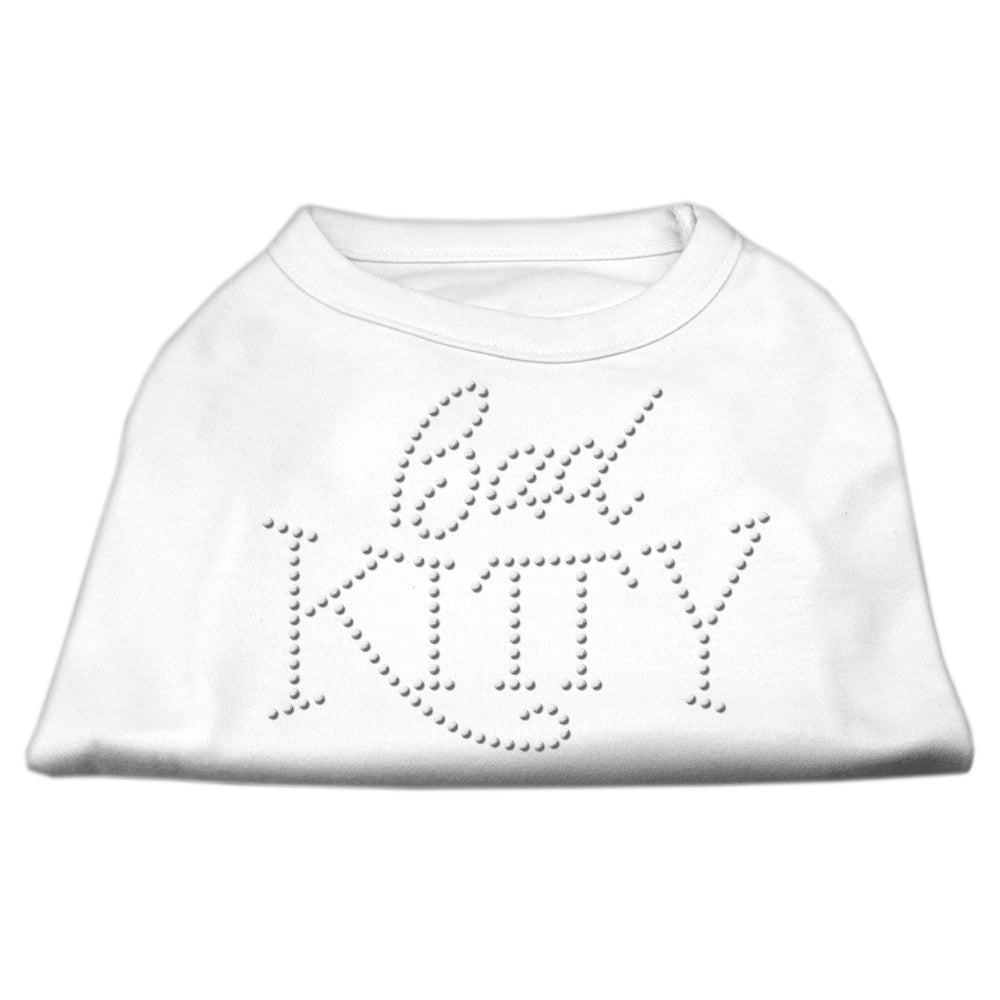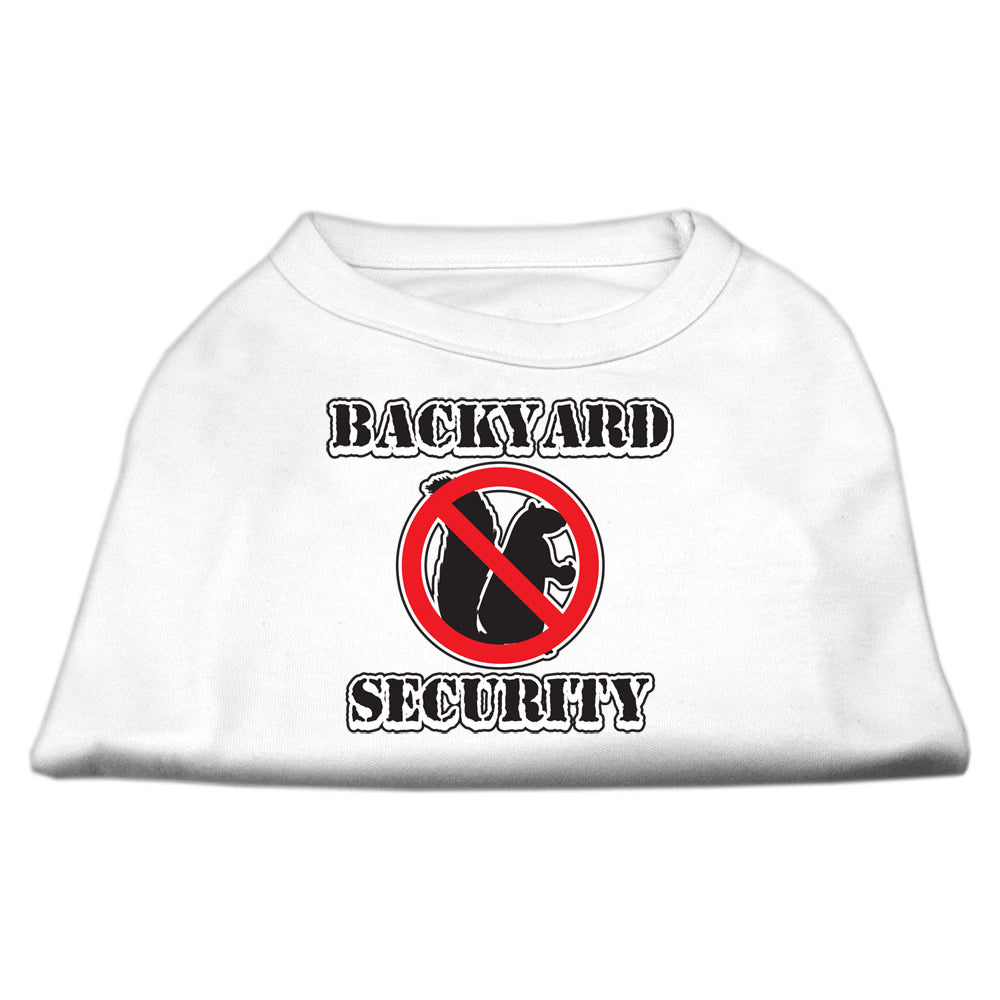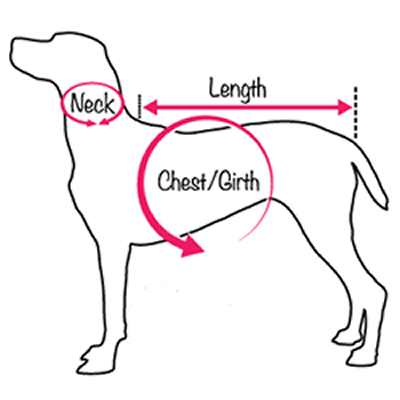
Is a Vegetarian Diet Good for Dogs or Cats?

Starting with dogs, it is important to acknowledge that they are classified as omnivores, meaning they can consume both plant and animal-based foods. However, it is essential to recognize that dogs have evolved as carnivores over thousands of years, with a digestive system that is specifically designed to process and derive nutrients from meat. Their teeth, jaw structure, and short digestive tract are all indicative of their carnivorous nature. While dogs may have adapted to a more flexible diet due to their close association with humans, it is widely accepted that they still require animal-based sources of protein, such as meat or fish, to thrive.
On the other hand, cats are obligate carnivores, which means their bodies are biologically adapted to consuming only animal tissue. Cats have specific nutritional requirements that can only be fulfilled through the consumption of meat. Unlike dogs, they have a higher need for certain nutrients like taurine, arachidonic acid, and vitamin A, which are found exclusively in animal products. A lack of these essential nutrients in a cat's diet can lead to severe health issues, including heart problems, vision impairment, and even death.
Proponents of the vegetarian diet for pets argue that it can be a healthier and more ethical choice. They claim that plant-based diets can help prevent certain health conditions, such as obesity and allergies, and reduce the environmental impact associated with the meat industry. Additionally, they believe that by eliminating the consumption of meat, they are contributing to the well-being and preservation of animals as a whole.
However, it is crucial to note that the scientific consensus leans heavily towards the necessity of animal protein in the diets of dogs and cats. Countless studies and veterinary professionals have emphasized the importance of providing pets with diets that mimic their natural feeding habits. It is widely accepted that a balanced diet for dogs and cats should consist of high-quality animal protein, supplemented with appropriate amounts of carbohydrates, fats, vitamins, and minerals.
While it is possible to formulate a vegetarian diet for dogs or cats that meets their basic nutritional needs, it requires careful planning, supplementation, and regular monitoring. Even then, there is no guarantee that a vegetarian diet will adequately fulfill all their dietary requirements. The risk of nutrient deficiencies, particularly in cats, is a significant concern that cannot be overlooked.
In conclusion, the vegetarian diet is not considered ideal or suitable for dogs or cats due to their physiological and nutritional requirements. Dogs are more adaptable and may have some flexibility in their diet, but they still require animal-based protein for optimal health. Cats, on the other hand, are obligate carnivores, and their dietary needs cannot be met solely through plant-based sources. As responsible pet parents, it is crucial to prioritize the well-being and health of our furry friends by providing them with diets that align with their natural biological needs.


























